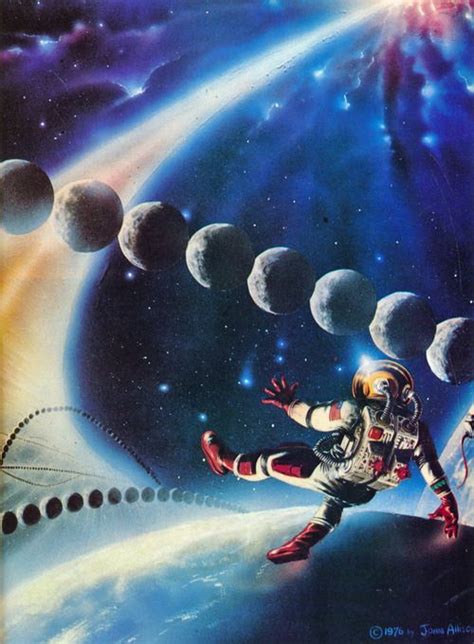A Quote by Paul Park
Meta-fiction doesn't depend on the illusion that you're reading about real people.
Related Quotes
I remember reading an interview with a writer who said that in nonfiction if you have one lie it sort of messes it up. But in fiction the real details give you so much more credibility, because people do so much research just to write fiction. In fiction you're trying to recreate something lifelike.
I'm so deeply interested in what it feels like to be other people that I get to operate under the illusion when I'm writing fiction that I'm not really revealing that much about myself. But, of course, I am, and I know that I am. And yet there's this sort of membrane that I get to work behind as I write my fiction, and I love it.
Writers of historical fiction are often faced with a problem: if they include real-life people, how do they ensure that their make-believe world isn't dwarfed by truth? The question loomed large as I began reading 'The Black Tower', Louis Bayard's third foray into historical fiction and fifth novel overall.
Banks and churches and courtrooms all depend on the appurtenances of theatre. On illusion. Banks, the illusion of stability and honourable dealings to the rot and corruption of capitalist exploitation. Churches the illusion of sacred sanctuary of purposes of pacifying social discontent. Courtrooms of course designed to promote the illusion of solemn justice. If there was true justice why would such trappings be necessary? Wouldn't a table and chairs and an ordinary room serve just as well?
What is illusion? M.: To whom is the illusion? Find it out. Then illusion will vanish. Generally people want to know about illusion and do not examine to whom it is. It is foolish. Illusion is outside and unknown. But the seeker is considered to be known and is inside. Find out what is immediate, intimate, instead of trying to find out what is distant and unknown.
Any real virtual reality enthusiast can look back at VR science fiction. It's not about playing games... 'The Matrix,' 'Snow Crash,' all this fiction was not about sitting in a room playing video games. It's about being in a parallel digital world that exists alongside our own, communicating with other people, playing with other people.

































